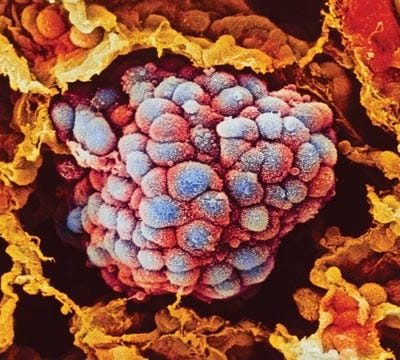A recent study published in the JAMA Internal Medicine journal suggests that coffee consumption may have a life-extending effect. The study analyzed data from approximately 500,000 people from a British biobank, with 78% of participants reporting regular coffee consumption. During the four-year study, 14,225 people died, with 58% of deaths attributed to cancer and 20% to heart and vascular diseases. The study found that the average risk of mortality was closely correlated with coffee consumption, with those who drank two to three cups per day having a 13% lower mortality rate compared to non-coffee drinkers. Those who drank more than five cups per day had a 16% lower mortality rate during the study period.
The study also analyzed the DNA of participants to determine which of the four genes relevant to caffeine metabolism were present. The study found that the gene responsible for caffeine metabolism did not have an impact on the positive effects of caffeine. However, there was a difference in mortality rates between those who drank brewed coffee versus instant coffee, with brewed coffee drinkers experiencing a greater reduction in mortality rates due to the higher concentration of bioactive substances such as polyphenols.
While the study did not investigate a cause-and-effect relationship, the authors suggest that increased insulin sensitivity, reduced inflammation, and positive effects on blood vessels and liver enzymes could be responsible for the potential life-extending effects of coffee. The study also found no negative health effects associated with high coffee consumption. Previous studies have also found similar results, but the specific ingredients in coffee responsible for the positive effects remain unknown. Overall, the study suggests that coffee may be a part of a healthy diet and that high coffee consumption is not harmful.










